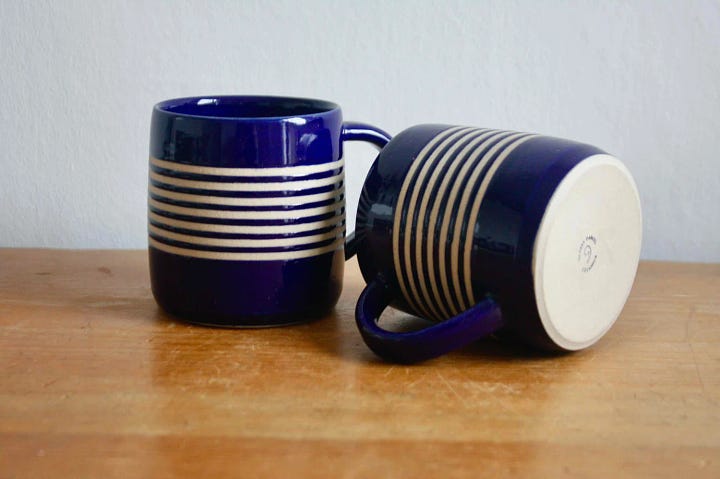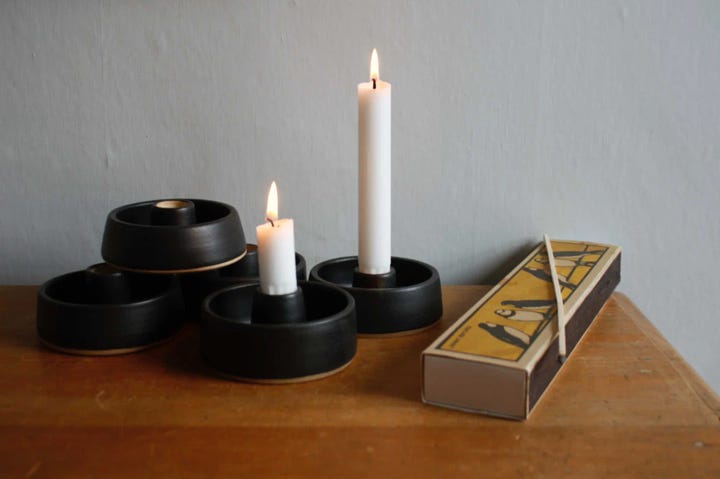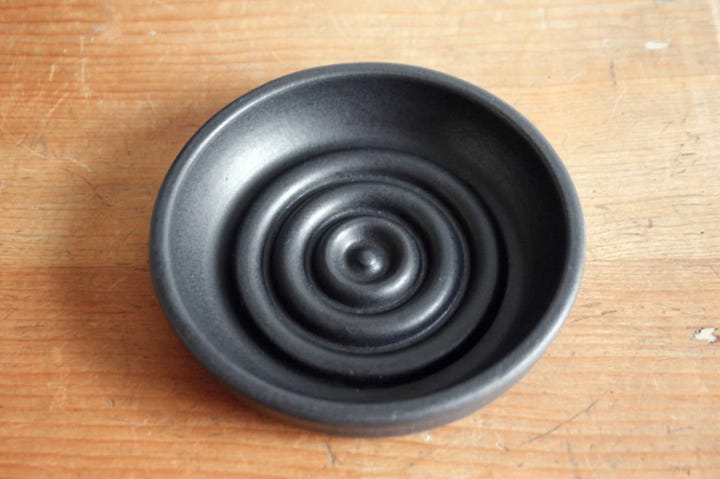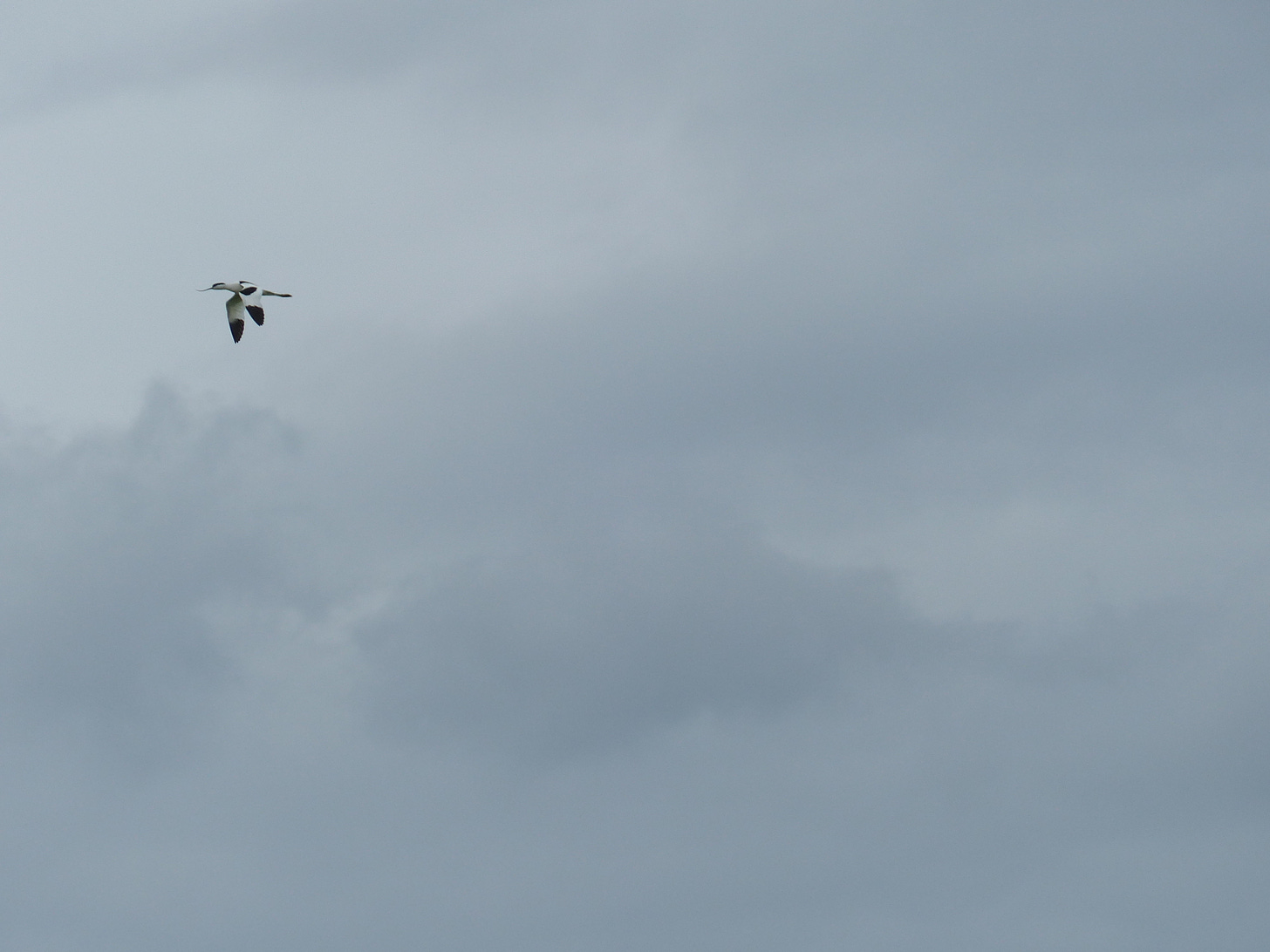This is the sixth of the mid-weekly posts sent to all those on the Birds list. If birds aren’t your thing, you can unsubscribe from these posts by going to the manage your subscription page. But do have a read anyway – you might find that birds are, after all, your thing. And if they are especially your thing, you can upgrade for £4 a month to access the second half of these emails.
Right, that’s the selling over with. On with the birds. Thanks for reading. This week I actually remembered to record both pieces.
Birdfulness
Saw some birds the other day.
Nothing new in that, of course. I see birds all the time. There’s one now. Oh it’s gone.
These birds were, in their own way, (and notwithstanding the obvious and fundamental truth that all birds are special) nothing special – the kind of birds you see when you visit a nature reserve on a marsh on the north coast of Kent, which is, by a strange quirk of fate, exactly what we were doing.
There were dunlin – small brown waders, busy little things, scuttling and fossicking, here, here, here, no here, this one, back here, here, here. There were grey plover, their comparative sedateness almost a rebuke to the over-excitability of their smaller cousins. There were, all too briefly, two buzzards, performing a graceful skydance in the far distance.
There was a heron. There’s always a heron.
And then, from nowhere – as if Penn and Teller had turned their hand to ornithological apparition – a hundred avocets.
A hundred of them. Just like that.
It seemed like magic, but it wasn’t. Of course not. They were hanging out in the dip just over the brow, out of our sight (the ‘flat’ in ‘mud flat’ is a relative term) and something unknown had given them the frights.
Up they went, banking and wheeling and turning, a corps de ballet in perfect ensemble and without rehearsal, their black-and-white plumage stark against the drab background – a monochrome murmuration, if you will (and, frankly, even if you won’t).
And then they dropped out of sight again, and it was as if they’d never been there.
What a sight. What a magnificent thing for a Sunday morning. Fifteen seconds of glory. Blink and you miss it.
Even without them it would have been good enough, just sitting there, expecting and wanting nothing more than the company of birds and the slow, gentle passing of time. It gives you an indefinable sense of wellbeing, a settling quietness of the soul.
I realised, about twenty minutes in, that I’d once written about just such an experience in Into The Tangled Bank, so rather than go through all the palaver of trying to rewrite it with different words I’m just going to put it here.
The hide is empty, which, without wishing to throw shade at my fellow humans, is how I prefer it. I’ve had many pleasant encounters in wildlife hides. Temporary friendships have been forged, information shared. I have learned a lot. But sometimes all you want is solitude. And in that solitude, when all the elements are in alignment, a fine thing can happen.
I don’t have a single word for it, but in my head it is this: the particular calmness engendered by sitting alone in a bird hide, looking out on an expanse of water on which nothing particular is happening but everything is happening – the fossicking of a snipe, the dabbling of a shoveller, the flitting of a loose group of starlings, the serene floating of a pintail, whatever it happens to be on that occasion – and not focusing on one element in particular, but letting the entirety of the scene wash over you and seep into your consciousness until the mind, at first so active and distracted, is becalmed, and your breathing slows and soon the nothing of it becomes everything and you slough off the cares and worries of everyday life and just for a bit all is well.
Sometimes you focus on the activity of a single bird – that little grebe, say, floating insouciantly, then diving with a little jump and coming up thirty seconds later, twenty yards to the left of where you thought it would. Or you regard it as a game of Where’s Wally?, scouring the mudflats for the jack snipe someone saw earlier that morning. Or you just sit and allow the whole scene to wash over you, bathing in its peaceful glow.
And sometimes, just occasionally and only if you are in the right place, you might catch a glimpse of an otter, an actual wild otter, not the tame ones that come out at feeding time because they know which side their bread is buttered, but a wild one that has writhed and wriggled its way to the water’s edge just to be with you.
Or that’s what it feels like, anyway.
Water is, I think, an important component of this particular piece of mind-resting. Everything is 10 per cent better by water. We can theorise as to why exactly this is – whether it taps into our own composition, or whether it’s to do with the calming influence of water’s myriad rhythms and shapes, or any one of another thousand reasons or a combination of them all – but whatever the reasons, I regard it as fact.
No doubt there’s a word in German for this feeling, engendered by this particular situation. You might call it ‘mindfulness’, if you’re so inclined. A specific kind of mindfulness.
Birdfulness, maybe.
It doesn’t always work. It’s all very well wafting around the countryside saying ‘Hello, birds; hello, sky’ but we can’t expect nature to make everything right just like that. And nor should we imagine it’s a failsafe. That places too much responsibility on it, too much pressure. Sometimes your mind isn’t in that place. But today it is.
Ten minutes into this visit, I have reached a state of 38 per cent birdfulness. I wonder idly if the reported bittern is around.
And now, as if conjured by the thought, it’s there, morphed from the reeds themselves, treading gingerly on the ice, head forward, thick neck slung low. A most unbirdlike bird in many ways. An awkward, streaky tube of strangeness – the product of a margin doodle.
It gives me just five minutes before sloping back into the depths. Five minutes of the deepest satisfaction, during which I imagine Peter Scott’s delight that his fantasy project has yielded such riches.
Birdfulness level: 100 per cent
You can buy Into The Tangled Bank here.
A tweet by the excellent Saskia sent me (it doesn’t take much) into the heady world of bird names around the world.
(Sidebar: Saskia is a fantastic ceramicist – you should all buy her stuff)




Anyway, German bird names.
I like ‘fence king’, and also share Saskia’s fondness for ‘silk tail’
Here are some of my other favourites:
Baikal Teal – Gluckente (lucky duck, or happiness duck)
Common Swift – Mauersegler (wall sailor)
White-faced Whistling Duck – Witwenpfeifgans (widow whistle goose)
Sandpiper – Wasserläufer (water runner)
And it reminded me of the existence of this resource, where you can find out what pretty much any bird is called in pretty much any language.
Saskia also pointed me towards the Instagram account that triggered thoughts of names. It’s a cracker.
Do please share your own favourite bird names from your language of choice.
All this talk of names reminded me that a few years ago I was a guest on Melissa Harrison’s podcast The Stubborn Light of Things (the single best thing that came out of the first year of the pandemic), talking about bird names. You can listen to that episode here.
And you are of course already subscribing to Melissa’s excellent Substack, aren’t you?
I’m a sucker for an owl. Who isn’t?
The Atlantic succumbed to the annual temptation: pretend that Super Bowl is in fact Superb Owl. Any excuse for owl photos, and this is a particularly good collection.
Thanks for reading. That might well be quite enough bird talk for you. If it isn’t, below is a short thing about crows.
Keep reading with a 7-day free trial
Subscribe to Six Things to keep reading this post and get 7 days of free access to the full post archives.






